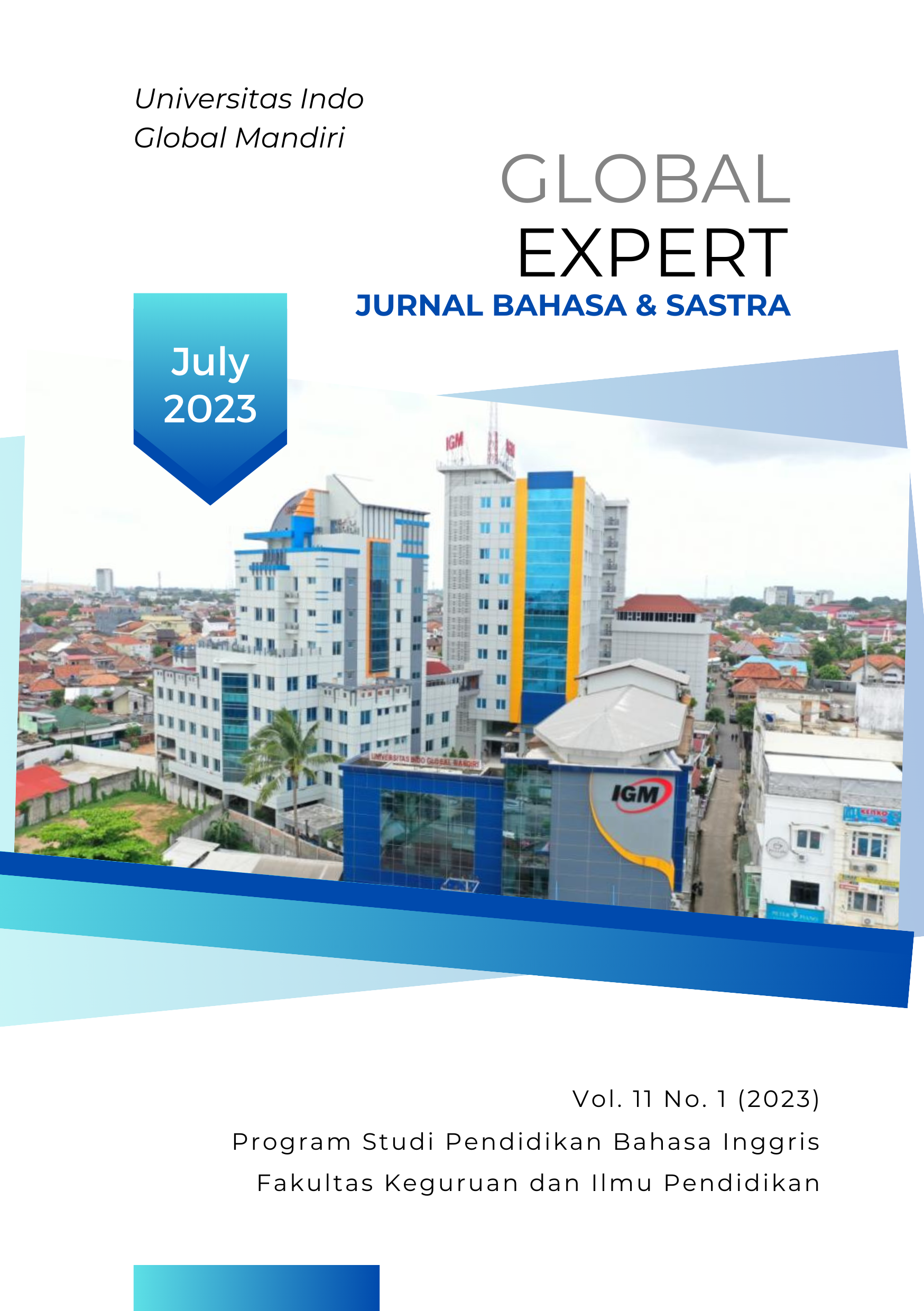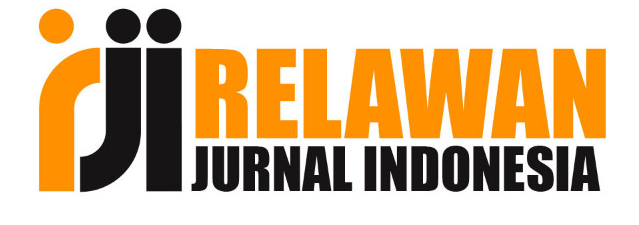THE EFFECTIVENESS OF STORYTELLING TO IMPROVE WITH DESCRIPTIVE TEXT OF STUDENTS’ READING ACHIEVEMENT
DOI:
https://doi.org/10.36982/jge.v11i1.2913Keywords:
COVID-19, Students' Perception, Academic Performance, Online Learning.Abstract
Storytelling is the process of someone conveying and receiving a story through various media, such as words, pictures or sound. Therefore, it can be said that storytelling can improve students' reading skills. This study aims to examine whether the story telling learning method is effective in improving students' reading skills. Researchers conducted research at SMP Negeri 3 Palembang Class VII.10 with a total of 31 students. Using pre-test and post-test designs as pre-experimental procedures, data collection techniques used in this study were pre-test and post-test. Then the data was tested with a normality test of 0.00 less than 0.05 (0.00 <0.05). Then all pre and post test data are normally distributed. From the results of the analysis of single paired t-test data, it can be seen that the results of the t-analysis obtained -7,803 df 30 significance value for the control group 0.000 H0 was rejected He was accepted, t was obtained for the experimental group -14.351 df 30 for the experimental group a significance value of 0.000 H0 was rejected Accepted independent t-test with a t-test of 10.015 df 60 and a significance value of 2 with 0.000. It can be concluded that telling stories can increase vocabulary in class VII.10 of SMP Negeri 3 Palembang, and this research shows that students always increase their English vocabulary because vocabulary plays an important role in everyday life.
References
Arikunto, S. (2014). Prosedur Penelitian: Suatu Pendeketan Praktik. Jakarta: Rineka Cipta.
Arikunto, S. (2014). Prosedur Penelitian: Suatu Pendeketan Praktik. Jakarta: Rineka Cipta.
Bailey, K. M., & Nunan, D. (2005). Practical English language teaching: speaking British Council. Teaching English: The English in effect. Retrieved from htt ps://www.britishcouncil.org/sites/default/files/english-effect-report-v2.pdf
Creswell, John W. (2012). Educational Research: Planning, Conducting, and Evaluating Quantitative and Qualitative Research (4th Ed). Boston: Pearson.
Cunningham, A. E., Perry, K. E., & Stanovich, K. E. (2001). Converging evidence for the concept of orthographic processing. Reading and Writing: An Interdisciplinary Journal, 14(5-6), 549–568. https://doi.org/10.1023/A:1011100226798
Harmer, J. (2001). The Practice of English Language Teaching (3rd ed.). Harlow: Longman.
Komiyama, R. (2009). CAR: A means for motivating students to read. English Teaching Forum, 47(3), 32-37.
Stanley, N., and Dillingham, B. 2009. Performance Literacy Through Storytelling. Florida: Maupin House Publishing
Cahyono, B. (2013). Penggunaan Software Matrix Laboratory (Matlab)-Dalam Pembelajaran Aljabar Linier. Jurnal Phenomenon, 1(1), 42-62.
Downloads
Published
How to Cite
Issue
Section
License
Copyright (c) 2023 Global Expert: Jurnal Bahasa dan Sastra

This work is licensed under a Creative Commons Attribution-NonCommercial-ShareAlike 4.0 International License.
Global Expert: Jurnal Bahasa dan Sastra is published by Universitas Indo Global Mandiri and licensed under a Creative Commons Attribution-ShareAlike 4.0 International License.











